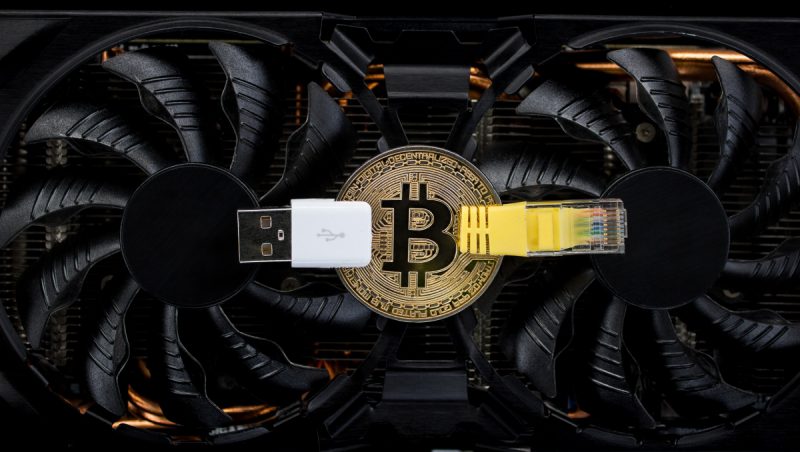Ledger, a digital security ecosystem that provides hardware wallet services, announced its partnership with the SandBox. The SandBox is an NFT gaming metaverse that offers a platform for buying ad selling NFTs.
The partnership was announced by Ledger’s chief experience officer Ian C Rogers at the Non-Fungible conference in Lisbon.
Ledger’s vision for basic crypto education around security
The announcement was made through one of Ian’s presentations, where he said he would be bringing Ledger’s security into the SandBox. He mentioned that the sand owners would be getting custom ledgers.
But he mentioned that the primary purpose of this partnership is to learn about security. He added that there would be a place in the SandBox where users could learn about securities.
At the end of the day, it’s all about education. This is important for all of us to make sure that the lessons that are basic about digital assets, freedom of self custody and that we have the security that goes with it.
Apart from the education, the SandBox users will get custom nano’s, which Ian stated is ‘Cool.’
As a part of the continued conversation, Ian stated in a video that “the reality is that educated people become Ledger customers, and we just wanna make sure that people have all the education that they need to be safe and to manage the right and freedom users have of self custody.”
“Self custody really gives you personal freedom, but it’s also a responsibility. You have to take it super seriously so that you keep that right and don’t lose it.” – Ledger’s @iancr at the NFCsummit.
At the time of writing, further details about the partnership are minimal. Ledger’s perspective about the collaboration is pretty straightforward. The SandBox is yet to speak on its vision with the partnership. But there will be more details regarding it soon.
Do you really need a Ledger?
It’s not a question of whether you need a Ledger and whether it’s worth the penny you spend. The real question is whether you need additional security for your assets.
With the increasing hacks, scams, and phishing attacks, users are questioning the safety of their assets. No matter how safe an exchange claims to be, it’s just a matter of a small loophole for the hackers to unleash their attacks.
It becomes primarily essential to have sole custody of your assets and also become responsible for the freedom being provided.





